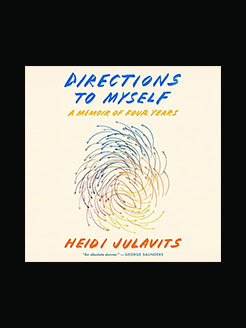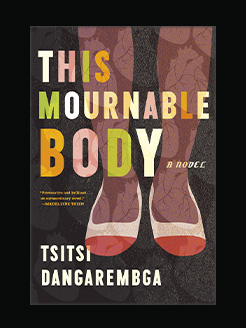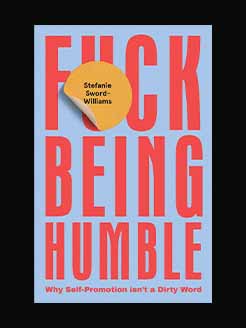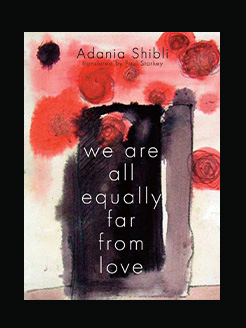Published in 2023
378 pages
12 hours and 56 minutes
Rachel O’Dwyer is a lecturer at the School of Visual Culture at the National College of Art & Design, Dublin. She was a Fulbright Scholar at UC Irvine and the Microsoft Research labs, Cambridge; she is currently a fellow at Connect, the centre for Networks and Telecommunications at Trinity College, Dublin. She is the co-editor of Neural Magazine and has written for outlets such as Convergence, MIT Press and the London Review of Books. She has curated a number of exhibitions of digital practise that explore the intersection of art and the Blockchain.
What is this book about?
Wherever you look, money is being replaced by tokens. Digital platforms are issuing new kinds of money—like things, from phone credit, to shares, gift vouchers, game tokens, and customer data. These tokens are used to turn invisible stuff into assets, to pay wages, to track purchases, and to program and specify the terms of financial and political access and inclusion. What does it mean when online platforms become the new banks? What new types of control and discrimination emerge when money is tied to specific apps, or actions, politics, or identities?
By exploring the history of experiments in extra-monetary economies, O’Dwyer shows that private and grassroots tokens have always ghosted the real economy. But as the large tech platforms issue new money—like instruments, tokens are suddenly everywhere. Amazon’s Turk workers getting paid in gift cards. Online streamers trading in wish lists. Gamers working for virtual gold. Coined memes selling for thousands. Bitcoin, gift cards, NFTs, customer data, and game tokens are the new money in an evolving economy. This challenges the balance of power between online empires and the state. For platforms, tokens can be an extra-regulatory sleight of hand. But for everyday users, workers, and online subcultures, tokens can also be subversive, a way of imagining what money could be, now and in the future.







